Riot Games is coming under fire this week after some controversy sparked around Seraphine’s latest social media posts. Seraphine is League of Legends’ newest virtual influencer, and fans have eagerly watched her go from an aspiring songwriter to the newest member of K/DA and LoL champion. Since Seraphine isn’t real, she’s a marketing tool to create parasocial relationships with fans and drum up excitement for LoL. In an effort to make her relatable to fans, the marketing team had Seraphine “share” her struggles with mental health. Many people in the community are not having it.
It started back on World Mental Health Day, October 10, when Seraphine tweeted the following:
i'm realizing that i can't do this alone. and maybe i need to be the one to ask for help… so could you give me some encouraging words? i need something to believe in right now
— Seraphine⭐🌊 (@seradotwav) October 10, 2020
As one Twitter user pointed out, in-character writing is always appreciated, even if it includes mental health issues. However, “asking people to participate in cheering up a fabricated advertising character is disgustingly weird.”
The Seraphine team then doubled down on this encouragement just a few hours later.
i don't think i'll ever be fully ready. but i know there's people believing in me, and that's more than enough. 💜 thank you so much, i mean it sincerely. i'm gonna face this head on pic.twitter.com/j7xZ7gQHqC
— Seraphine⭐🌊 (@seradotwav) October 11, 2020
Seraphine controversy boils out of Twitter
It’s been over ten days, but fans are not letting it go about how these posts bothers them. Natalie Flores wrote up a full opinion piece for Fanbyte regarding her personal distaste for this marketing strategy. Some people can sometimes find comfort with parasocial relationships with celebrities, especially those who are going through similar mental health battles. But at least those celebrities are real.
“It’s not a young pop star being bravely vulnerable on social media about the pressure and anxiety she is facing as she experiences many changes,” Flores explained. “It’s marketing — specifically, marketing exploiting people’s sense of empathy to sell a product to potential clients.”
Gita Jackson penned a similar opinion piece on VICE, where she said:
Seraphine’s tweet about quitting her day job hits different during a pandemic where over seven million people have lost their jobs. While a lot of young women suffer from mental health problems like depression, or have issues with their self-esteem when they try to express themselves through art, Seraphine’s tweets about her issues aren’t meant as an opportunity for other young women to be open and vulnerable about their issues. It’s a naked attempt to get League of Legends fans to further invest in their parasocial relationship with Seraphine.
Since these tweets, Seraphine appears to have stepped back from discussing her own anxiety and security issues. Perhaps Riot Games has realized that this branding strategy has backfired. Most likely, they’ve simply moved on to something else with Seraphine’s so-called-life. Regardless, with mental health at the forefront of everyone’s minds, especially during the coronavirus pandemic, it’s doubtful this controversy cloud will leave Seraphine any time soon.


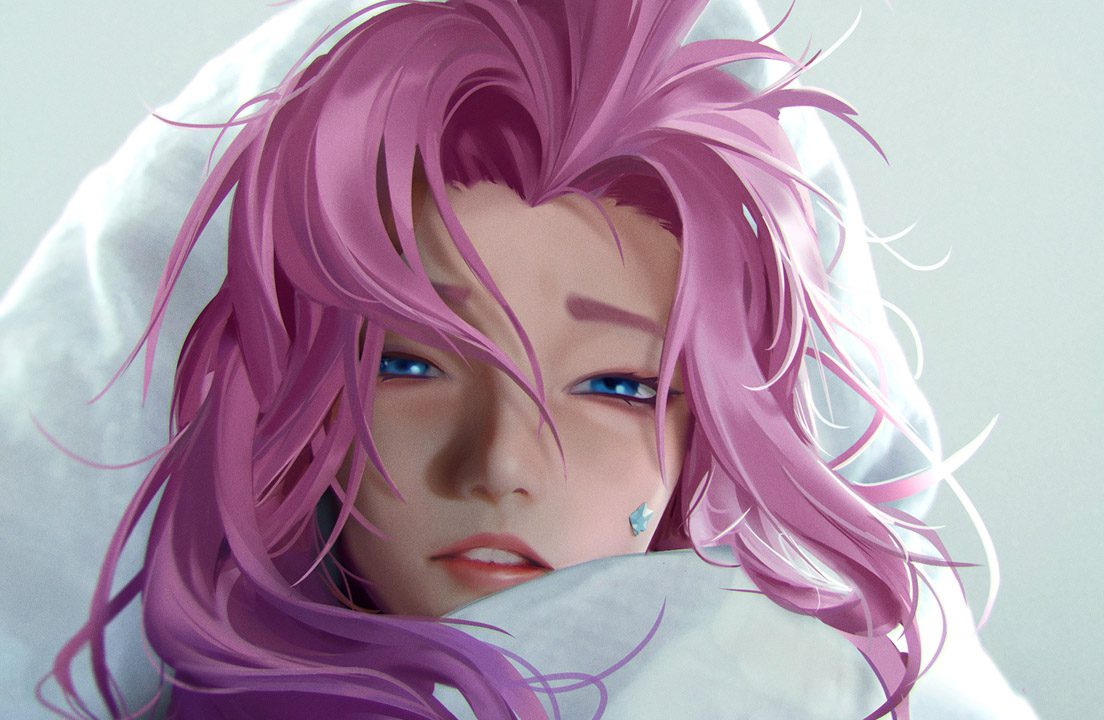
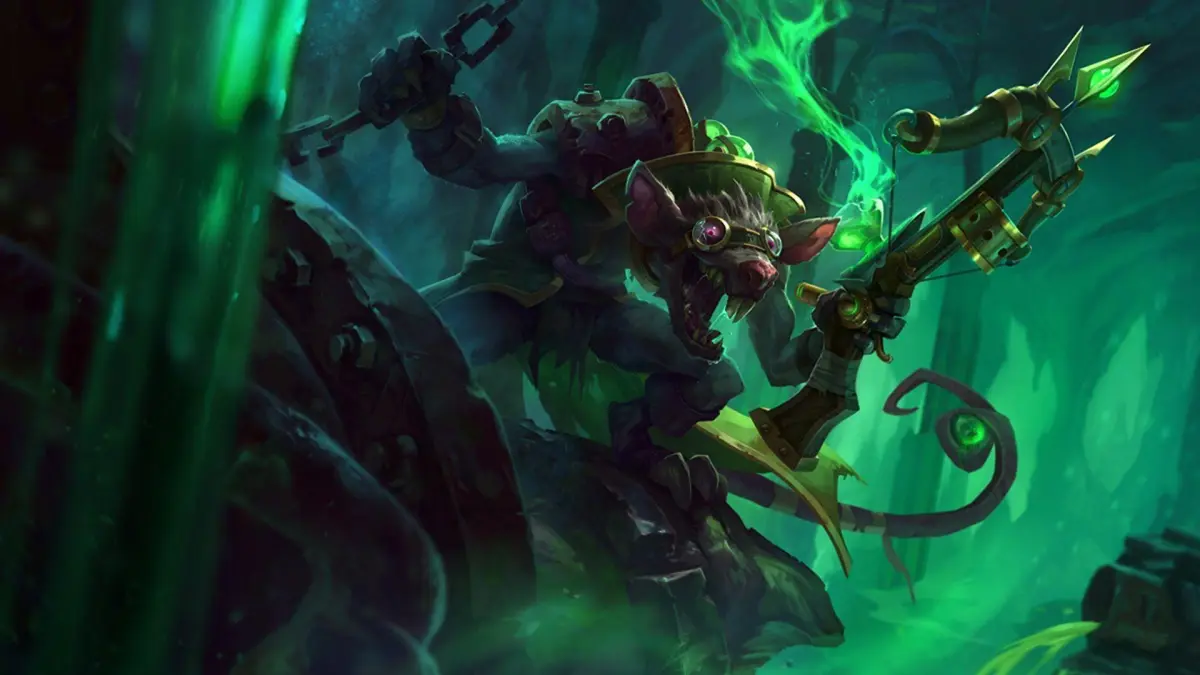
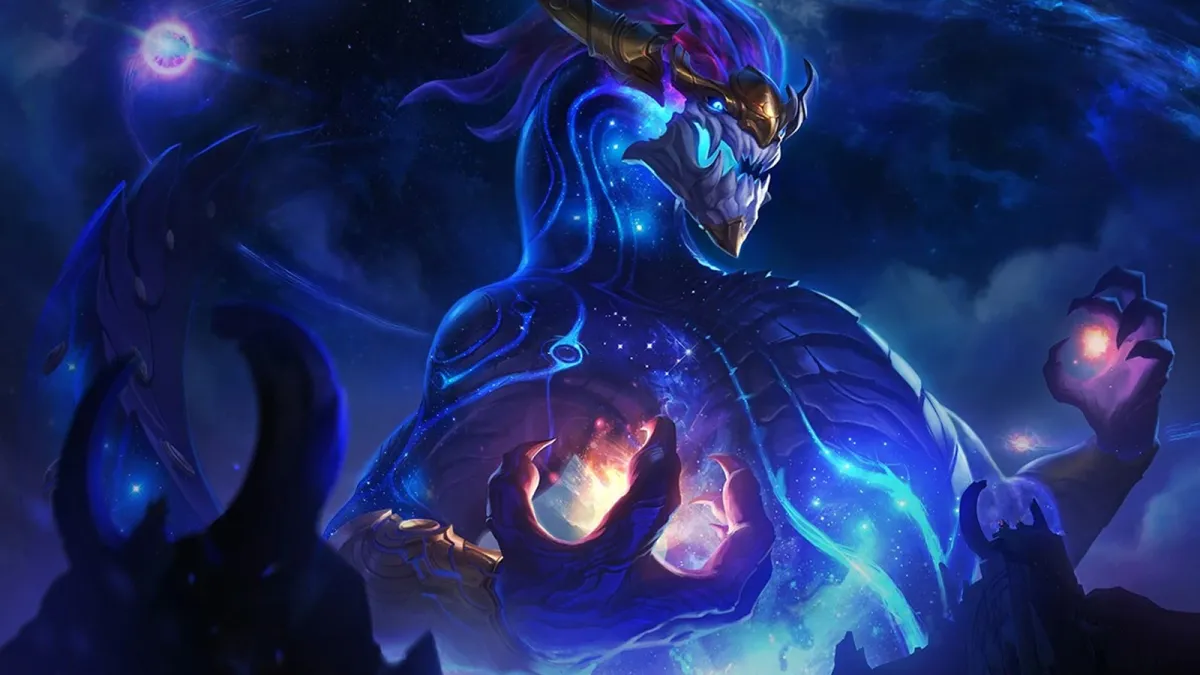
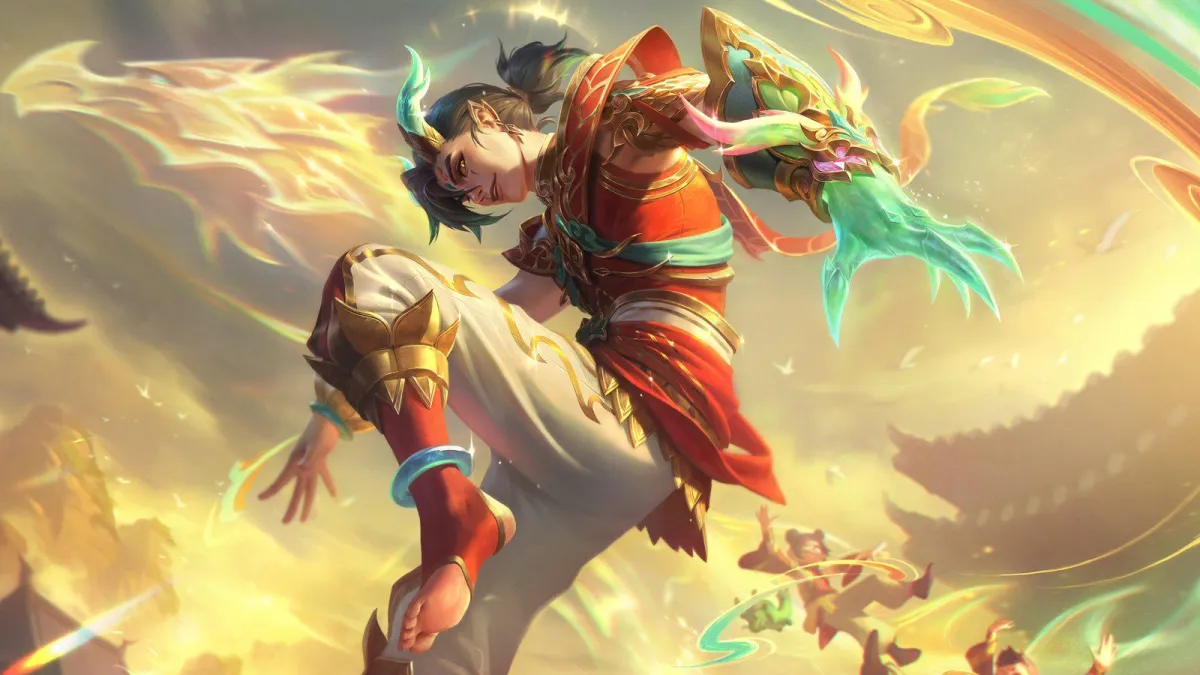
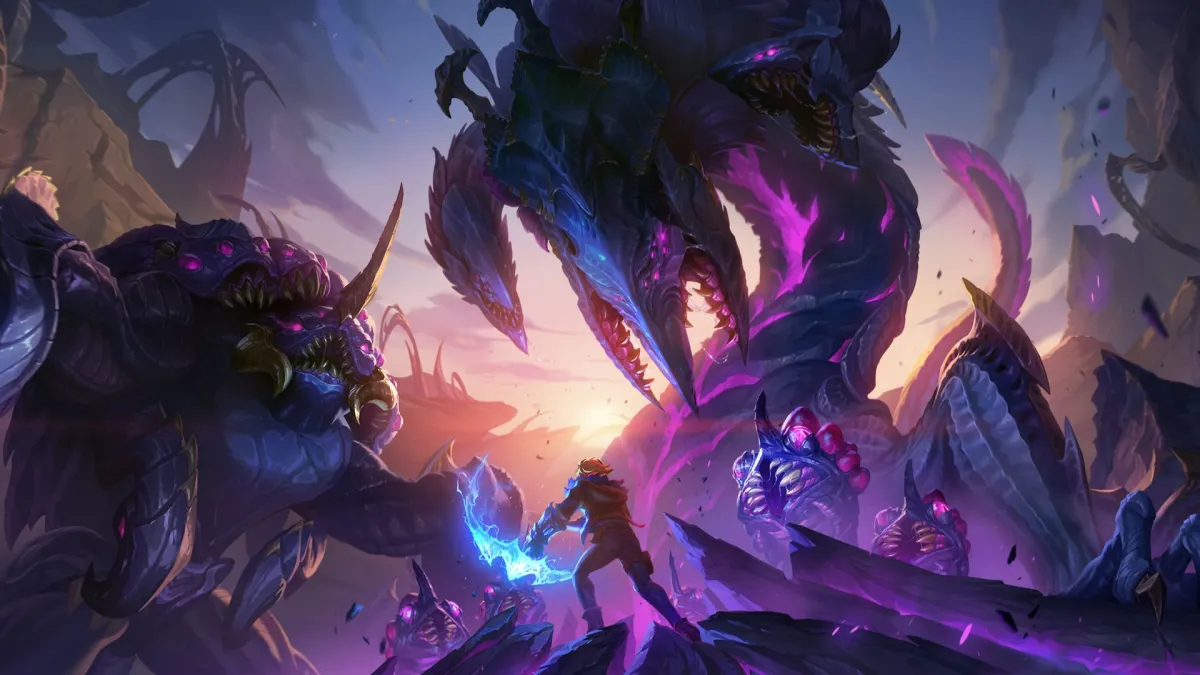
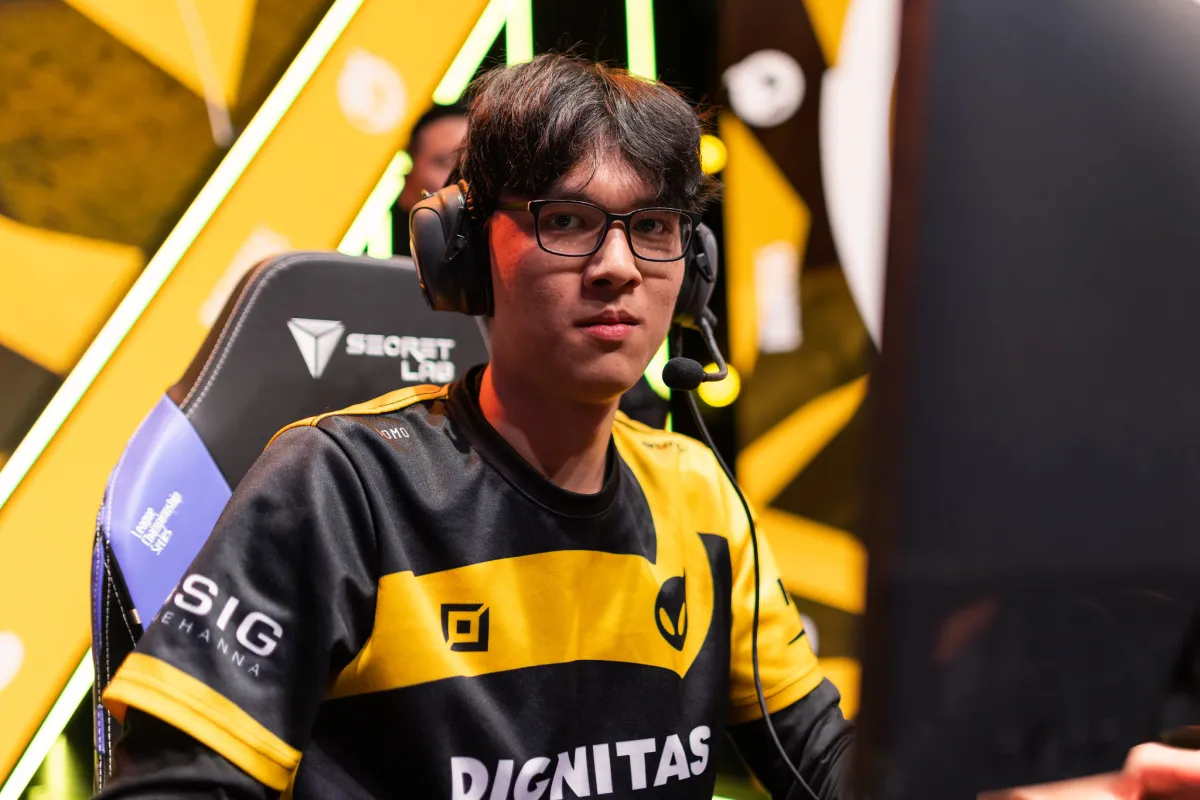
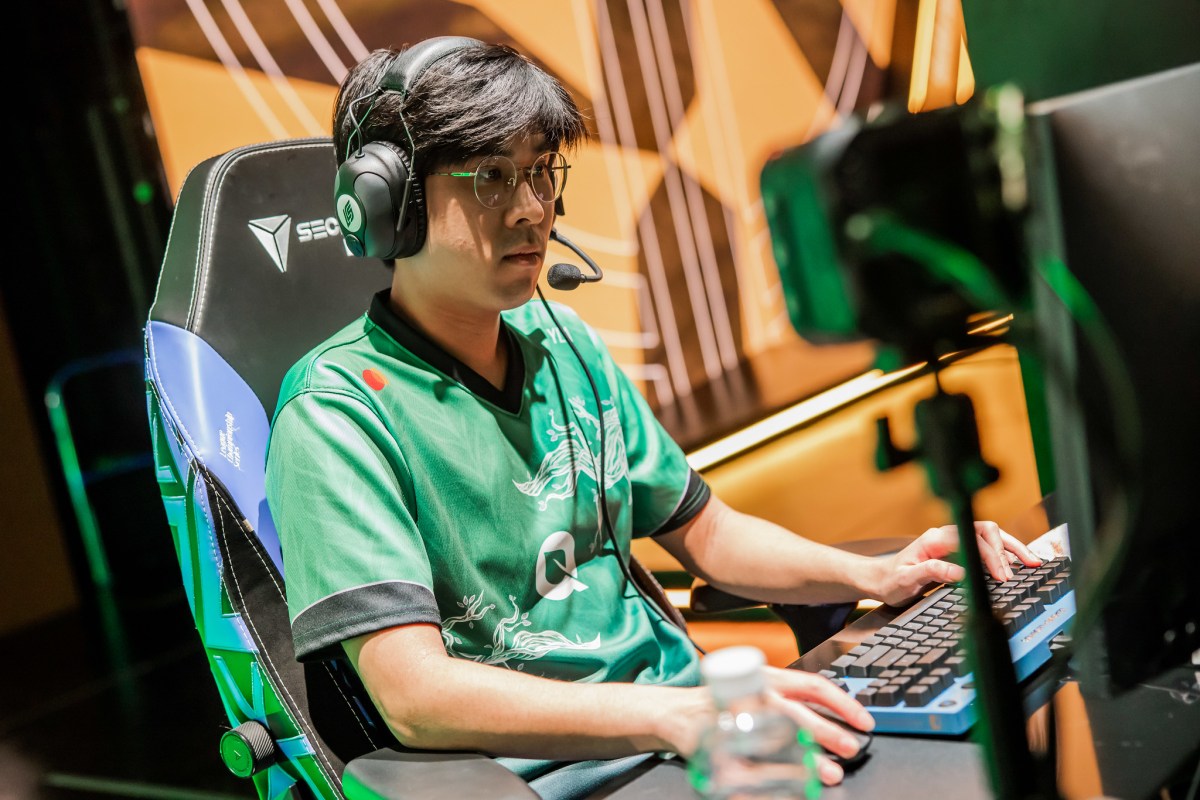

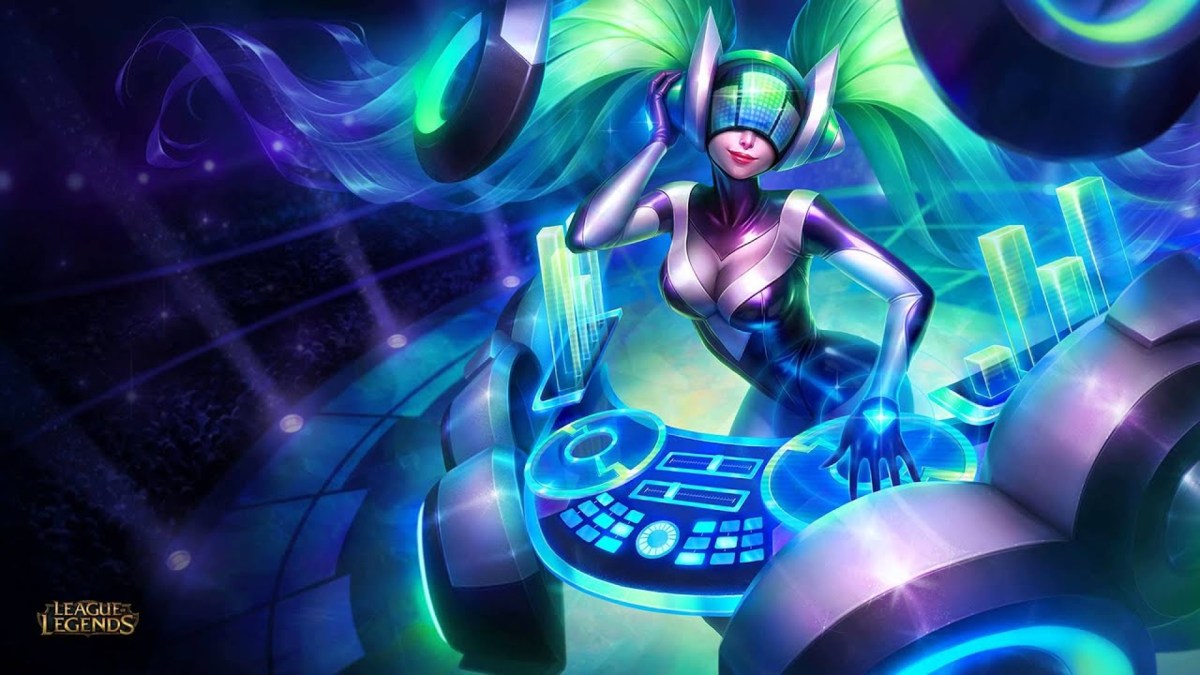
Published: Oct 20, 2020 02:48 pm